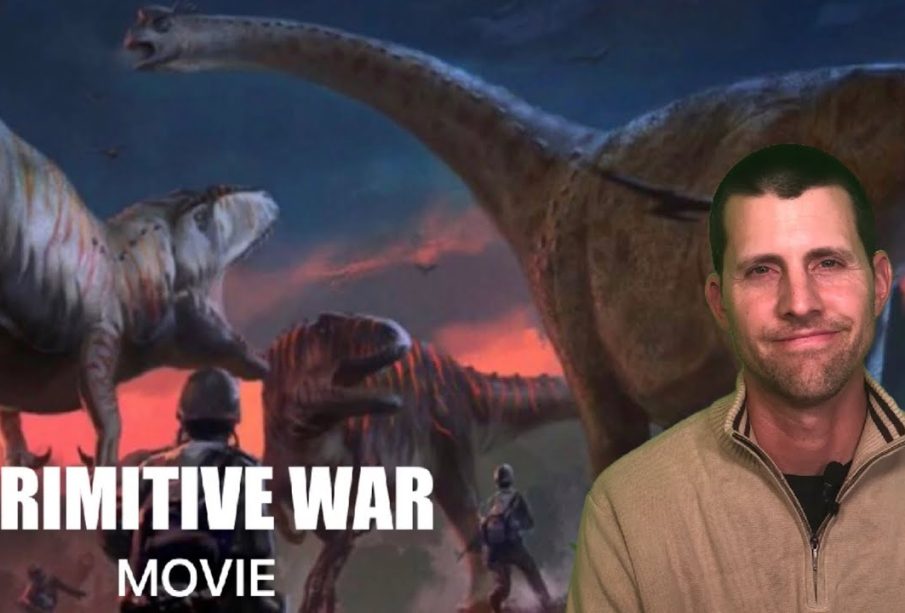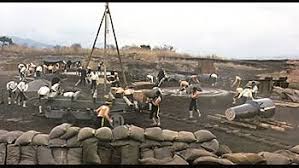The Significance of Primitive War in Human History

Introduction
Primitive warfare, often seen as a fundamental aspect of human conflict, has played a vital role in the evolution of societies and cultures throughout history. Understanding primitive war provides significant insights into the origins of modern conflicts, social structures, and the human condition. As we navigate complex global issues today, examining the aspects of primitive war and its influences on human behaviour becomes not just relevant but critical.
Defining Primitive War
Primitive war refers to the forms of conflict that occurred among small, tribal groups before the development of advanced state structures and professional militaries. These early wars were driven by a variety of factors, including resource competition, territorial disputes, and social dynamics within and between groups. Anthropologists and historians have studied these aspects to uncover the underlying motivations and methods of conflict.
The Role of Primitive War in Societies
Historically, primitive warfare served several functions. It often acted as a catalyst for social cohesion within tribes, uniting members against a common enemy. Furthermore, it provided a mechanism for conflict resolution, albeit through violent means. For example, the accounts of tribal conflicts in the Amazon rainforest illustrate how warfare could lead to the resolution of resource disputes by either driving the opposing group away or forcing negotiations.
Impact and Relevance Today
Despite the vast differences between contemporary and primitive forms of warfare, the psychological and sociological impacts remain strikingly similar. Modern studies reveal that the emotional and psychological dynamics observed in primitive warfare still resonate within contemporary conflicts. Concepts of identity, honour, and fear of annihilation can be seen in various global conflicts today, where groups often resort to violence in preserving their way of life.
Conclusion
As we reflect on the implications of primitive war, it becomes apparent that understanding these early conflicts is essential for addressing present-day issues. The lessons drawn from primitive warfare can inform peace-building efforts and conflict resolution strategies, aiding mediators and policymakers work towards more sustainable solutions. By recognising the historical significance of primitive war, we gain valuable frameworks to comprehend and navigate the complexities of modern warfare and its lasting legacy on human society.









